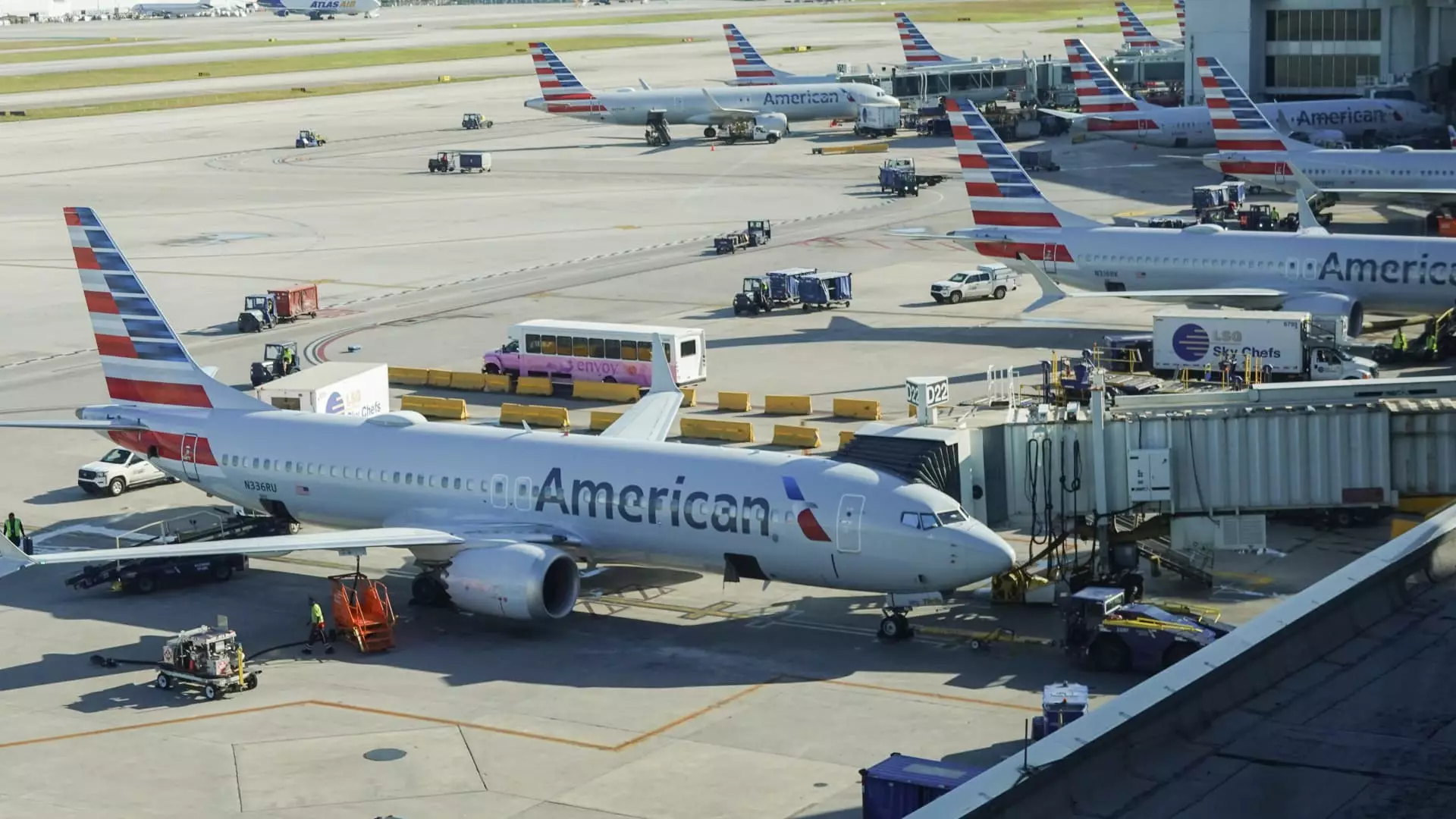Understanding the Impact of Technical Glitches on Airline Operations

On a bustling Tuesday morning, American Airlines faced a operational challenge as it grounded its flights across the U.S. The disruption was attributed to a technical issue linked to a vendor’s platform, which is pivotal for various essential aircraft metrics, including weight and balance. As travelers prepared for one of the busiest travel seasons of the year, the grounding caused a ripple effect, raising concerns about airline efficiency and the reliability of technological infrastructure. Fortunately, the ground stop lasted less than an hour, with operational activities resumed by 7:55 a.m. ET, but not without a notable impact on passenger experiences and broader operational perceptions.
Importance of Technology in Aviation
The grounding incident serves as a stark reminder of how deeply intertwined technology is with modern air travel. Airlines rely heavily on sophisticated systems that manage everything from flight schedules to safety assessments. In this case, the halted flights were primarily due to a malfunction related to pre-flight safety checks. The immediate resolution of the issue highlights both the airline’s commitment to safety and the vulnerabilities posed by dependence on third-party technology providers. Such disruptions not only delay flights but can also erode customer trust, especially during peak travel times.
The aviation industry has faced increased scrutiny regarding its technological infrastructure, particularly after previous incidents such as the 2022 Southwest Airlines cancellations and Delta’s challenges amid a cyber incident. These events underscore a significant vulnerability: the interconnectedness of various technology systems, where a single point of failure can lead to widespread operational chaos. Amidst heightened holiday travel demand, airlines must prioritize robust technological frameworks to avoid similar occurrences.
In light of the American Airlines incident, customer reactions varied from confusion to frustration. Many travelers eager to commence their holiday journeys found themselves at a standstill. American Airlines extended its apologies, which is a common practice in the industry to maintain goodwill. However, mere apologies may not suffice if technological shortcomings continue to manifest, potentially undermining customer loyalty when choosing carriers in the future.
As airlines navigate through an increasingly complex operational landscape, the imperative for robust technological solutions becomes clear. The disruption faced by American Airlines on that Tuesday morning emphasizes the need for continuous investment in technology and infrastructure, coupled with strategic partnerships that prioritize reliability. In a competitive travel environment, ensuring smooth operational workflows is critical not just for immediate customer satisfaction but for the long-term health of the airline industry as a whole. Moving forward, airlines must focus on resilience against technology-related disruptions, especially as they gear up for the high demand anticipated during the holiday season.





